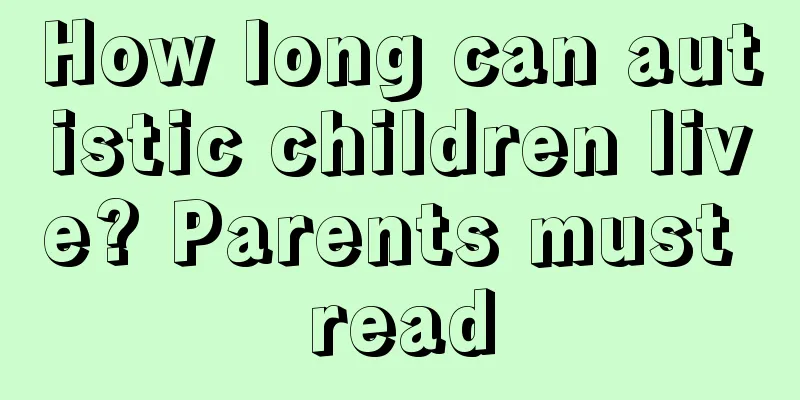Reasons why children's teeth grow slowly

|
There may be various reasons why a child's teeth grow slowly. It may be congenital or due to acquired genetics. If you find that your child's teeth grow too slowly, the best thing to do is to go to the hospital for a check-up as soon as possible, because only a doctor can accurately judge what problems the child has. Here I will introduce to you the possible reasons why a child's teeth grow slowly. The main reason why congenital children have slow teething is genetics, including family medical history, race, and even gender differences. According to most research reports, girls' teeth grow earlier than boys. In addition to congenital genetic factors, the acquired environment may also indirectly cause slow tooth growth. Take premature babies for example. The time of their teeth growth must be deducted from the time of their premature birth, so that the conclusion drawn can be more accurate. If the baby is born prematurely at 30 weeks of gestational age, the growth of the first tooth must be delayed by 10 weeks (usually 6 to 8 months after birth). In addition, babies who are born with low birth weight are also likely to have slow teething. Systemic diseases such as Down syndrome, abnormal pituitary secretion, ectodermal dysplasia syndrome, etc. may cause differences in the speed of tooth growth in young children. Blood tests must be conducted to determine the true cause. Trauma and infection: If a child's deciduous teeth are uneven, it is very likely that the teeth have been hit by external force, causing the ligaments connected to the teeth to necrotize and be replaced by new bone (bone adhesion). From the outside, it seems that only one tooth is growing slower, but in fact it will affect the eruption of permanent teeth. If a child loses their deciduous teeth prematurely, connective tissue will form on the gum surface. If the permanent teeth have not fully grown at this time, they will be compressed and the permanent teeth will erupt more slowly. In addition, sometimes the medications that young children take can cause the gums to thicken, making it difficult for teeth to erupt, which can also give parents the misconception that teeth are growing more slowly. Check regularly and relax your mind. If parents are not doctors, they usually cannot correctly judge the real reason why their children's teeth grow slowly. Therefore, from the time the child grows the first tooth to before the age of 1, it is recommended to go to the dental clinic for regular check-ups and ask professional doctors to deal with the child's specific situation and try to improve the teething condition as soon as possible. Dental disease may seem like a small matter, but it actually has a huge impact on people's normal lives, especially on children. If a child's teeth grow slowly, it may cause the child to lose appetite, and the child's nutrition may not keep up, which may cause a vicious cycle and have a great impact on the child's growth and development. Therefore, if you find that your child's teeth are growing slowly, you must seek medical attention as soon as possible. |
<<: What to do if children's hands peel
>>: Treatment of concealed penis in children
Recommend
What should I do if my two-year-old baby has a bloated belly?
Two-year-old babies are too young to express thei...
What should I do if my child has lymphangioma?
Lymphangioma is a relatively rare disease clinica...
How to prepare salmon as complementary food for 8 month old baby?
The most popular way to eat salmon nowadays is to...
Occult blood in newborns
If there is occult blood in the newborn's sto...
What medicine should a child take if he has diarrhea and vomiting?
We all know that children have relatively weak co...
What should I do if my one-year-old child gets scalded?
One-year-old children are very active. Parents mu...
Children with crooked teeth
Children are a group that needs a lot of care, bu...
What should I do if my 10-month-old baby has diarrhea and fever?
There is a newborn baby at home who is only ten m...
What to do if children have hand, foot and mouth disease
Everyone knows that hand, foot and mouth disease ...
Symptoms of a baby's throat burn
Every part of the human body is susceptible to bu...
What should I do if my child’s teeth are loose?
When children reach a certain age and enter the t...
What to do if your baby is not gaining weight
Height reflects the baby's long-term nutritio...
Coffee spots on children
Coffee stains are something that many people don’...
Why do babies like to scratch their faces?
If there are babies at home, some parents may fin...
Why does my baby always wake up when sleeping?
The growth of the baby is an issue that every fam...









